Previous Thinking
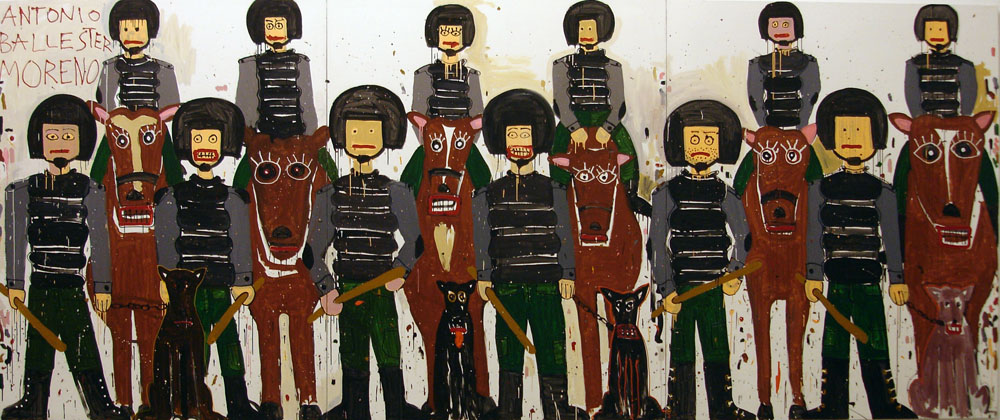
The Museo CA2M presents Cosmorama, a programme that pursues different lines of research and projects related to diversity, inclusion and accessibility.
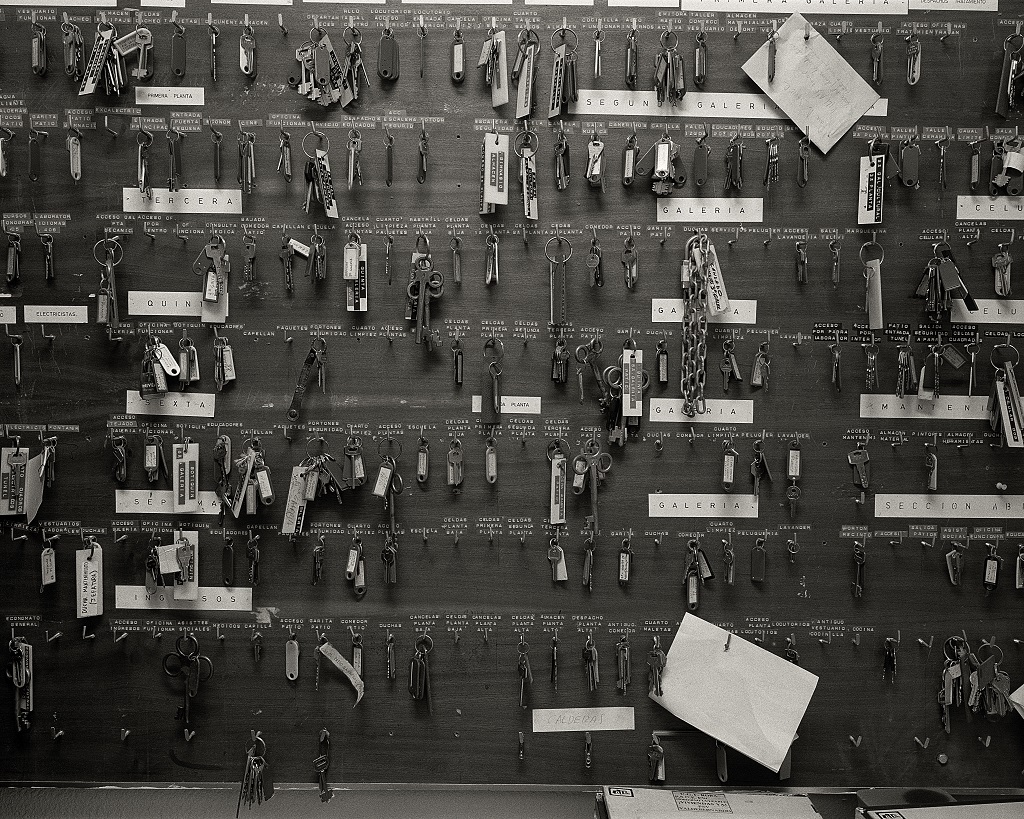
The Museo Centro de Arte Dos de Mayo is launching a study and research group on ‘Art and Seclusion’. This working group was founded with the intention of using art to inquire into the frameworks related to seclusion, including both mental health and psychiatry on the one hand, and everything related to creation under circumstances of social exclusion on the other.
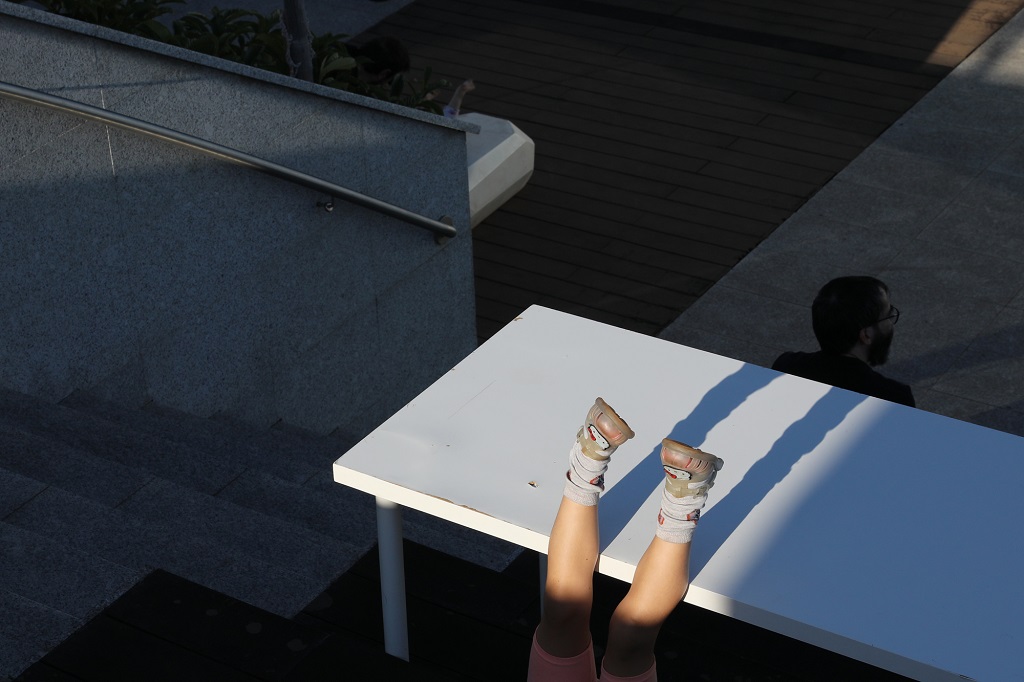
This project, focused on education for children from 0 to 6 years of age, aims to transform the museum and classrooms into laboratories for experimentation on education and art.
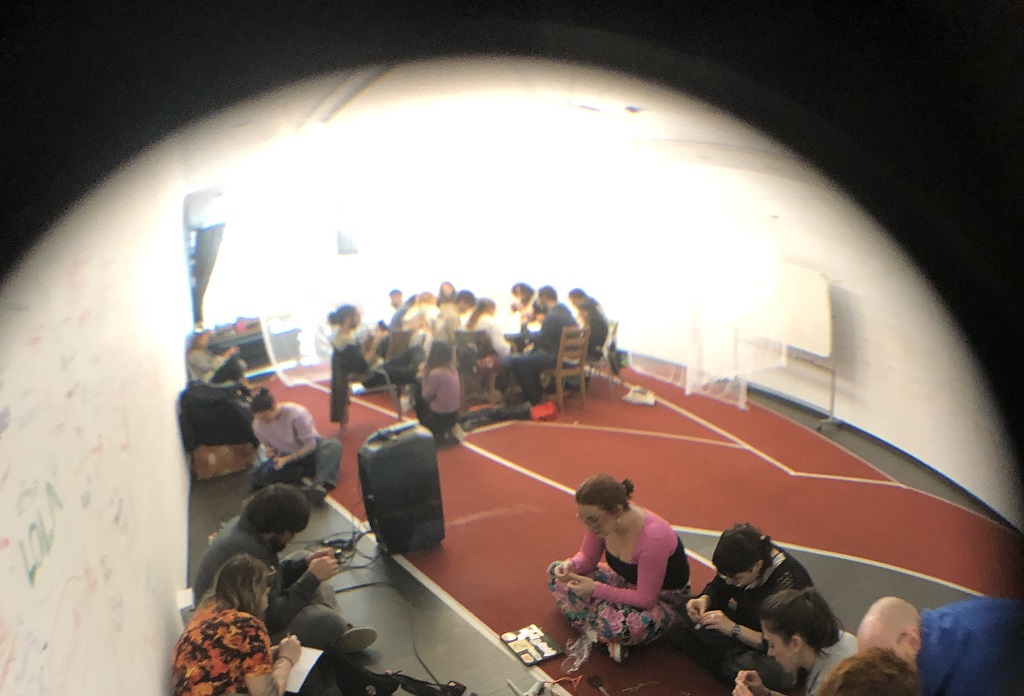
Where Things Go On is a group formed by former participants of youth programmes with an interest in culture, art and community work.
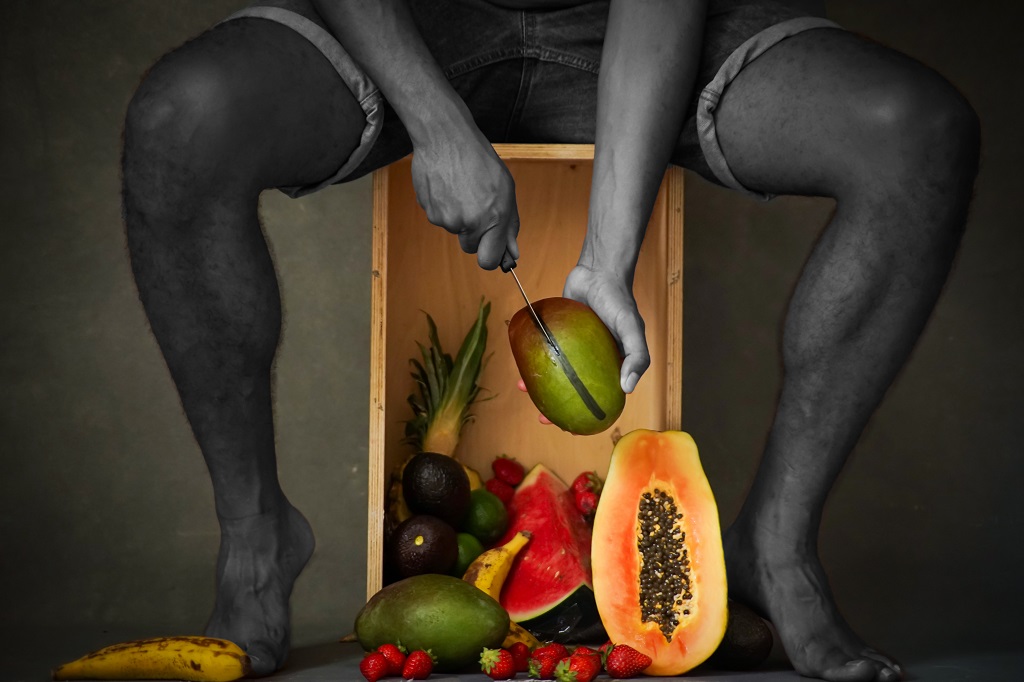
In the search for the true and provocative of performance, painting and installation, we enter the world proposed by Sol Calero and Santiago Sierra. Through the use of poetry, sound, taste and touch, Madrid Negro invites us to transit between the different proposals to reflect on the representation of racialized bodies in contemporary art.
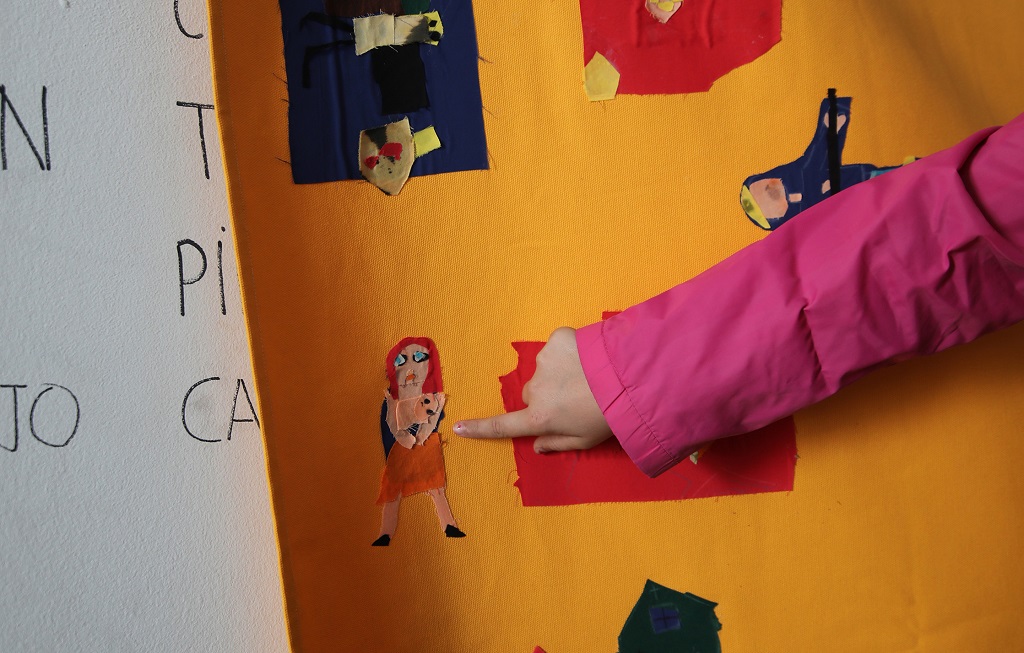
For years, the museum has maintained a close collaboration with the Federico García Lorca school in Móstoles.
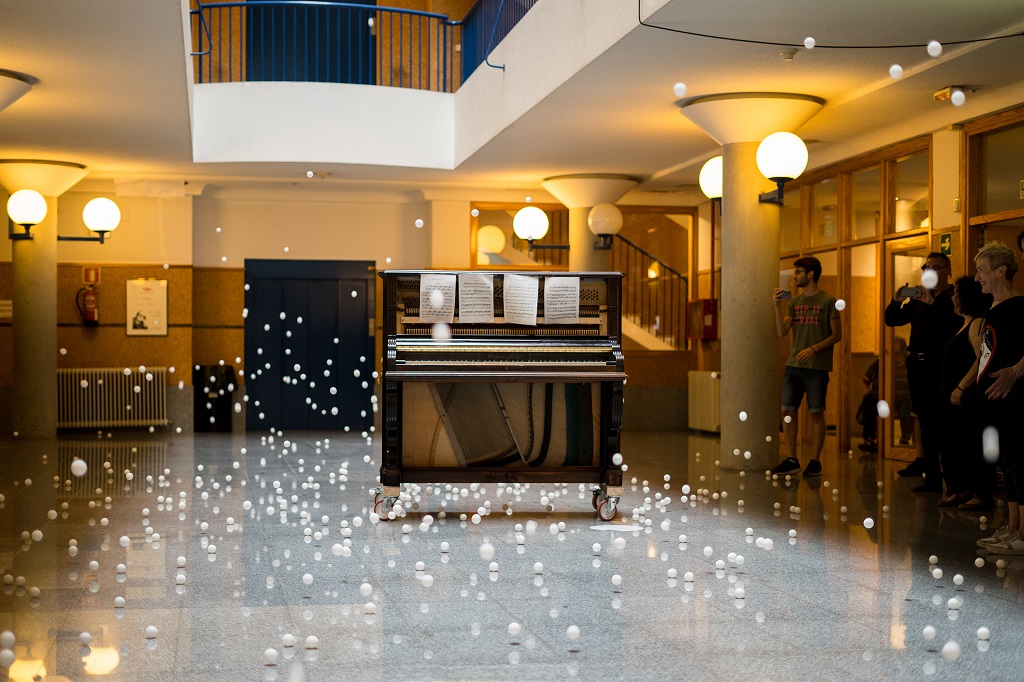
El 12 de septiembre se presenta un libro que contiene experiencias y pensamientos sobre la educación en el Museo CA2M. Parte de un proyecto sobre la escucha, El Triángulo, que atendió a un trozo de mundo limitado por un colegio, un conservatorio y un museo de Móstoles.
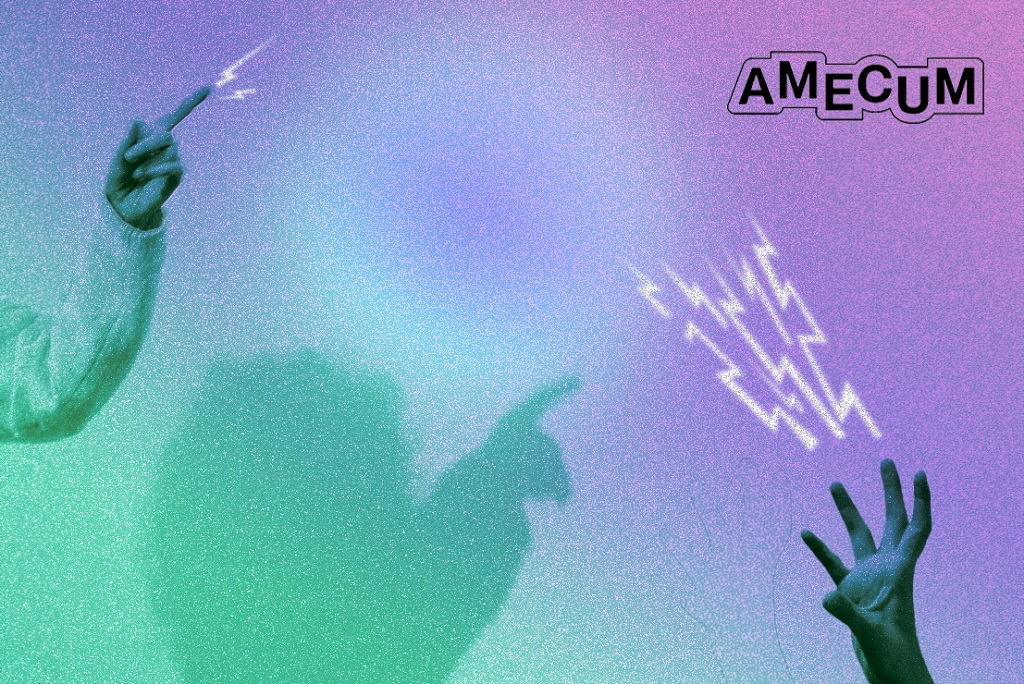
Through this announcement, we want to invite you to the project presentation, where we’ll share the results of the inquiry conducted by AMECUM, which started with an invitation from the CA2M Museum to conduct visits to the exhibitions. Thus, we wanted to engage in an open act/performance/ritual to freeze time and record the fleeting footprints of our mediations, which still exist as living spectres.
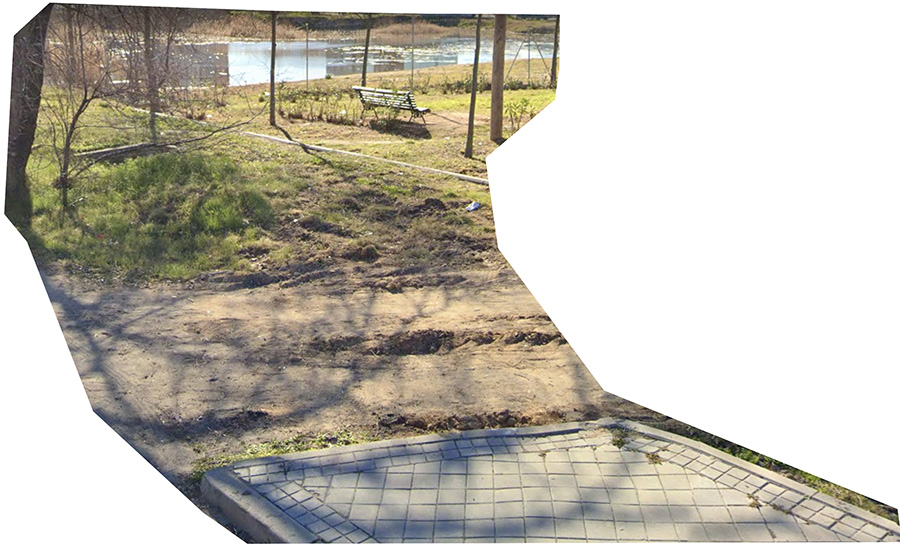
Ciudad Sur is a shared experimental space begun in 2021 which, taking its starting point in Móstoles, wishes to explore the many faces and manifold riches that generate a sense of belonging in the cities within the metropolitan area of Madrid. Its second edition is called Brota invisible (Invisible Flow).